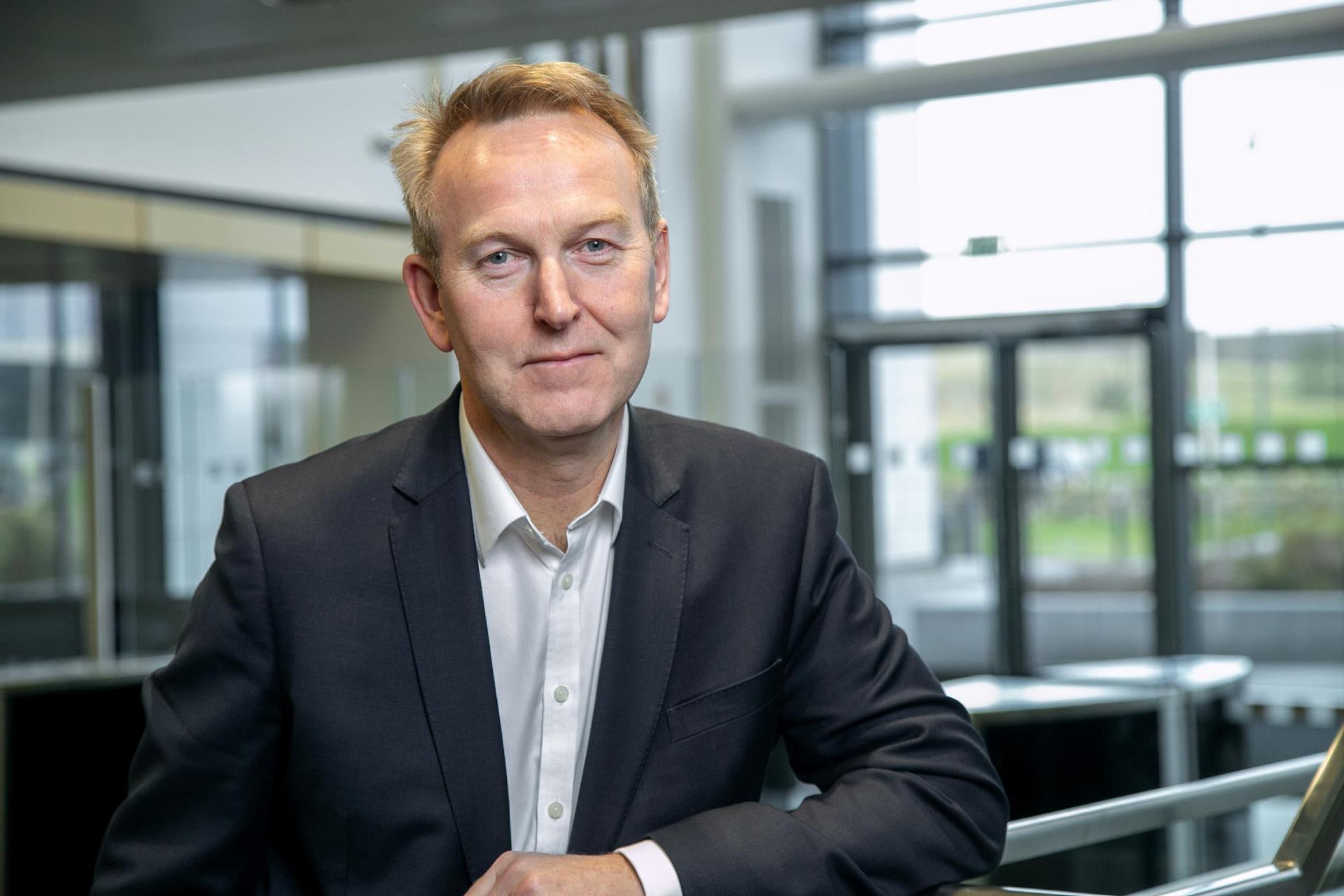
A year ago, my colleagues and I were in the process of completing a major restructuring of Lloyd’s Register’s energy business. We were on a significant turnaround; both resizing and refocusing the business to broaden our offer, ensuring we could best provide the support our customers were looking for to address the challenges of the energy transition.
Then Covid-19 hit, and we had to think again. During this subsequent review, and as the world changed around us, it became clear that the energy business was no longer in the right home; it was a specialist engineering advisory and consultancy business operating within a certification business. So against a backdrop of rolling lockdowns, we went through a sales process, signed a deal with Inspirit Capital on October 1 and, just one month later, Vysus Group was formed.
From a standing start, I’m in awe of what the Vysus Group team has achieved. We’re now a standalone business. We’ve set up new legal entities across international jurisdictions, designed and built new IT infrastructure and management systems, defined our values and refined our positioning. We’ve secured new contracts, completed a major acquisition, and launched our new brand.
I recount that journey, not only because I’m incredibly proud of the team, but because it illustrates what’s possible when we’re faced with challenges in a rapidly changing world. This isn’t only true internally; being agile and thinking differently to solve the complex challenges our clients face is at the heart of our business. And today, it’s clear our world is going to continue to become a lot more complex. In particular, it’s going to be electrified significantly, and how we generate, manage, store and transport energy will be very different. It will require myriad integrated energy solutions.
One of the most pressing challenges will be working out how to stitch so many diverse elements together. How do we bridge the gaps and overlaps between regulators, integrate new technology into existing infrastructure, and protect and maintain grid capacity as power loads increase?
As a newly independent company, Vysus Group is better positioned to help address these challenges. Our broad range of engineering expertise is bound together by deep technical insights and a comprehensive understanding of regulatory frameworks to help our clients make agile, well informed, smart decisions across many different sectors and regions.
And working across multiple geographies, we’re seeing the same thing time and time again: existing energy infrastructure that is already overloaded and prone to failure at a time when globally we’re anticipating the need to first double, then triple capacity.
We’ve seen the risk this represents with major power outages and grid failures in even the most industrialised countries across the world. A big focus for Vysus Group will be in power integration, looking at how these can be operated and maintained successfully to keep up with our changing energy system.
For example, in the US, our onshore business, SGC Engineering, continues to go from strength to strength developing and deploying cost-effective engineering solutions for infrastructure, energy and power transmission and distribution. While in Norway, we recently completed the acquisition of Promaps Technology, a power systems software developer with a unique solution and a great track record in helping grid operators and generators monitor and manage their infrastructure in real time.
Of course, although power grid integrity is a key focus, it’s not our only one. We’re currently involved in projects from carbon capture and storage feasibility studies, to HSE consultancy for a new geothermal well in Cornwall. From oil and gas to nuclear, from rail to renewables, we’re harnessing the capabilities, passion and engineering expertise of the Vysus Group team to deliver a solutions-oriented approach across many sectors worldwide. And let’s not forget that the oil and gas skillsets and expertise we have are still absolutely crucial to deliver today as well as new solutions tomorrow.
Recommended for you

 © Supplied by Vysus Group
© Supplied by Vysus Group